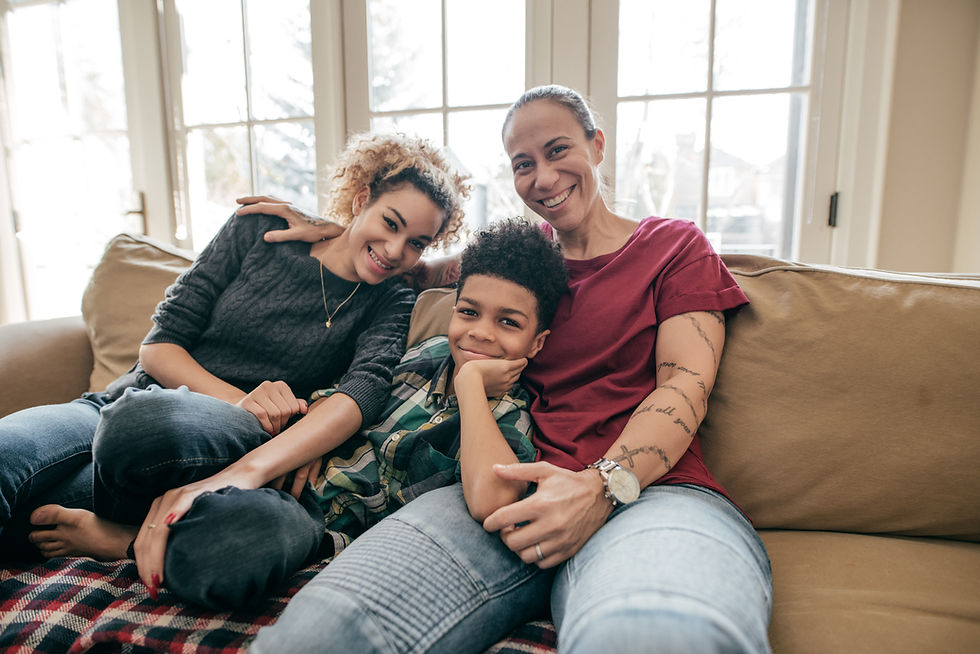Can children of gay parents understand their surrogacy origins?
- Stefania

- Oct 19, 2020
- 2 min read
#Surrogacy is a practice where a woman that is called the surrogate bears a pregnancy for the intended parent(s) with the intention of handing over the resulting child. The surrogate has no genetic relationship to the child because the pregnancy happens due to an egg donor.

Recently, the number of gay men creating families through surrogacy is increasing. However, these recent methods are associated with questions and curiosity regarding the continuity of the relationships.
For example, surrogate–child relationship, may cause misunderstandings to the child who might assume the surrogate as the mother. Therefore, parents must demonstrate their ability to maintain a respectful and caring relationship with the surrogate and explore any plans relating to disclosure.
Out of 40 gay fathers in a study by Blake et al., 2016, only 25% were found to have met the egg donor after the child’s birth and 31% had a relationship with her. Whereas, 83% of the fathers had met the surrogate and 85% had a relationship with her after the birth. Moreover, 83% of the fathers had started the disclosure process to children aged 5.5 years old.
Another study by Carone et al. investigated the gay father families’ experiences of surrogacy. According to this study, 30% of the parents met the surrogate following birth, in comparison to only 9% who met the egg donor. Although, in the past years, 16% of the parents continued to meet the surrogate, whereas, 9% continued to meet the donor.

Most families with a relationship with the surrogate described it as harmonious, and the remaining families described it as distant with little communication and warmth. On the other hand, most families with a relationship with the donor described it as distant and the remaining families described it as harmonious.
Moreover, most fathers had started to disclose to their children, and the remaining planned to do so in the following years. 40% had referenced the donated egg and only 10% had discussed which father’s sperm had been used.
Most of the children showed a clear understanding of their conception; they were aware that one woman had donated an egg and another woman had carried them in her tummy. About 77% of them remembered the moment at which they were first told about their conception, and about one third remembered feeling positive, curious, or special. Whereas, more children felt grateful towards their surrogate and expressed limited interest in their donor. Children mostly considered their surrogate an ‘auntie’ and called their donor a ‘kind lady’.
Source: Surrogacy families headed by gay men: relationships with surrogates and egg donors, fathers’ decisions over disclosure and children’s views on their surrogacy origins.
Carone et al. 2017




Comments